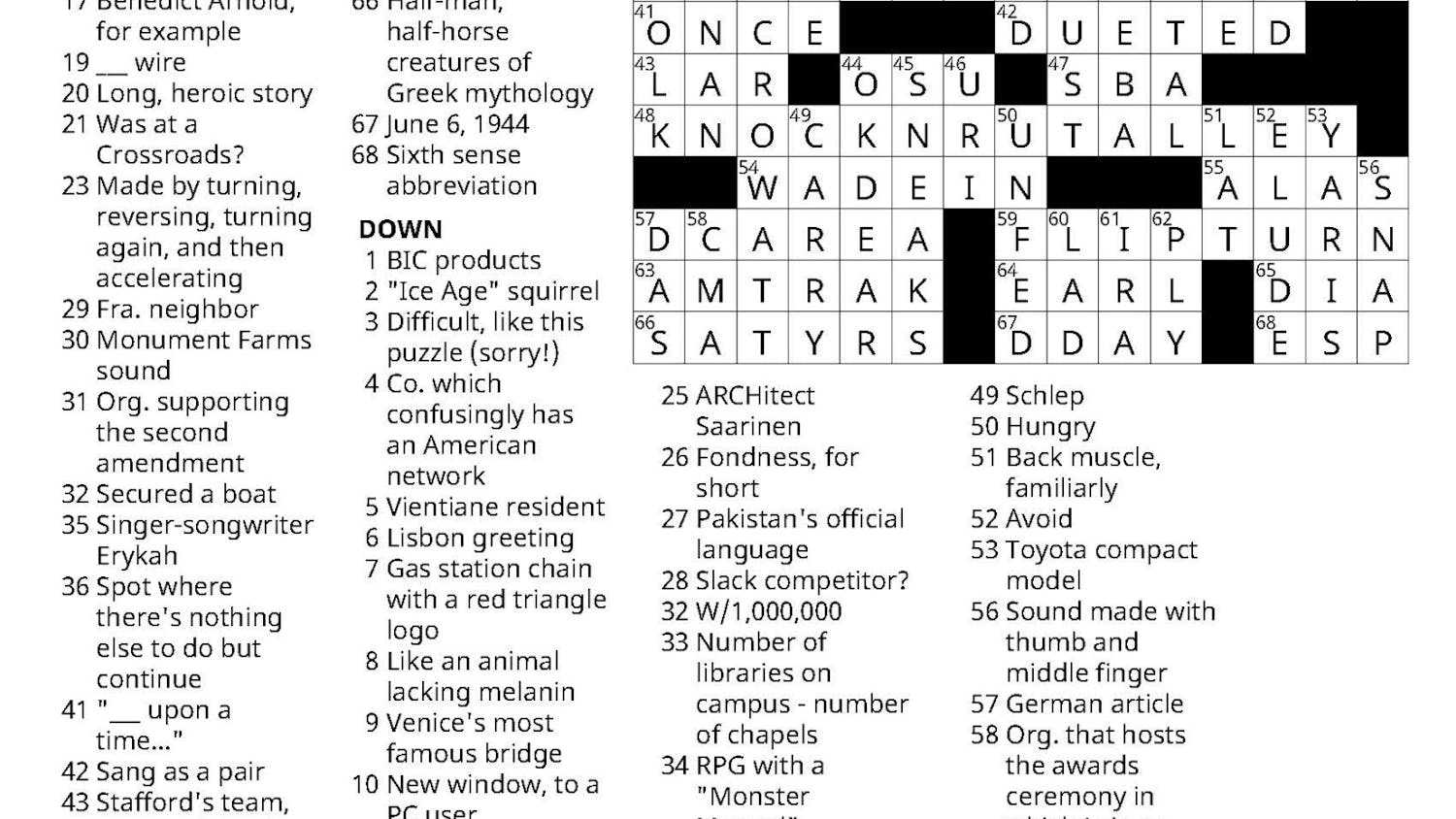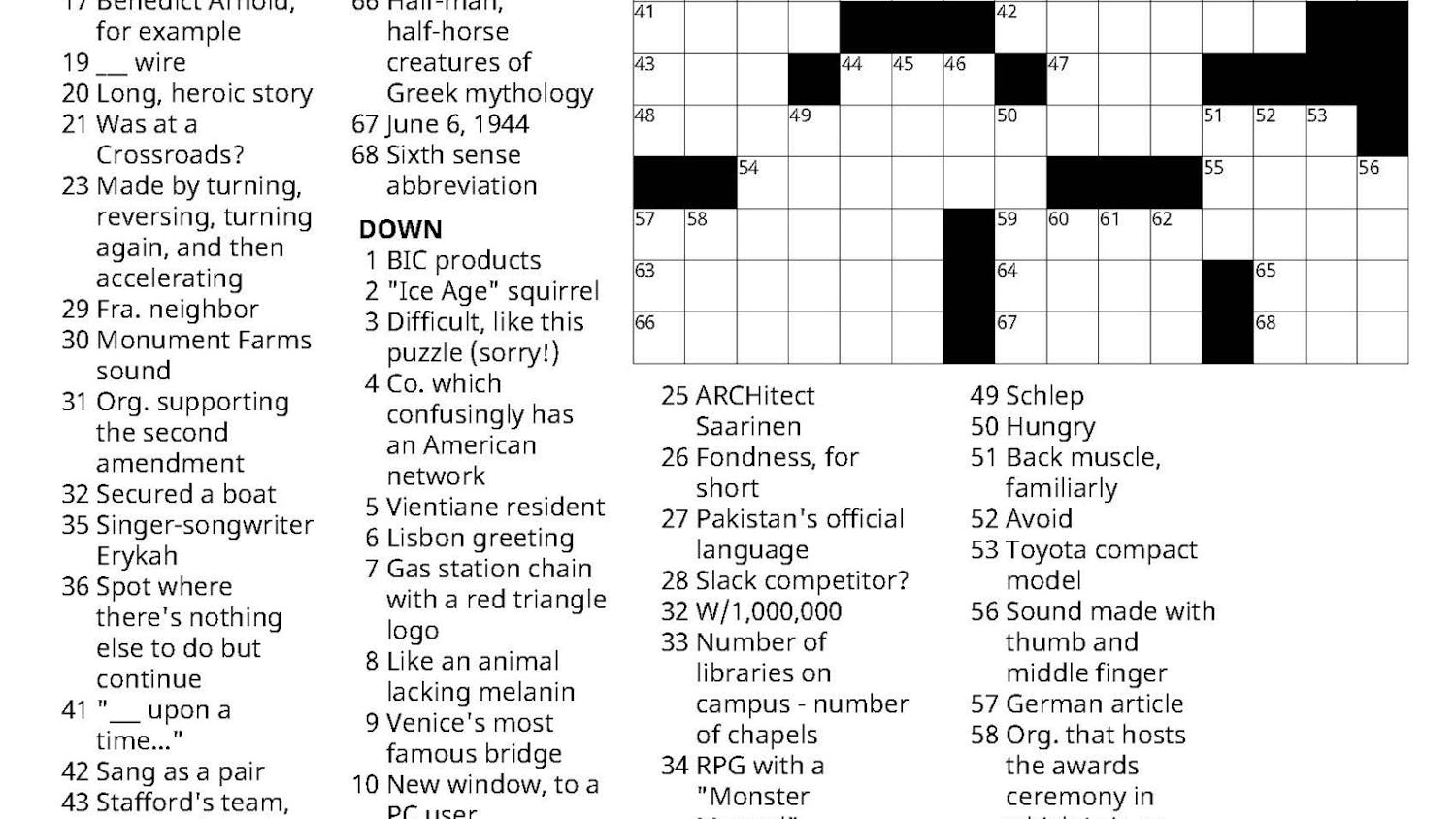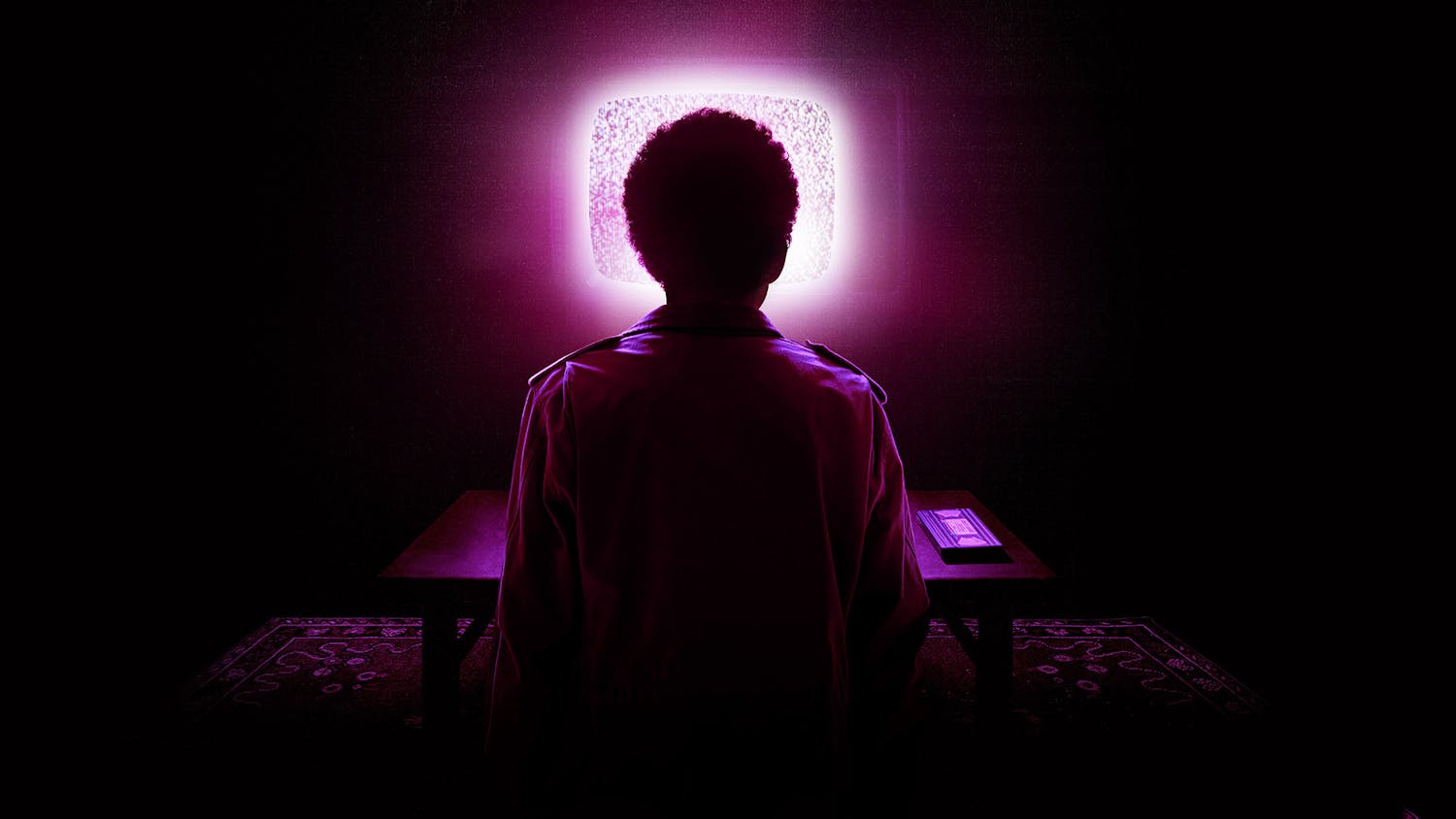You’d be hard-pressed to find two film genres more different than romantic comedies and boxing movies. Professor of Film and Media Culture Leger Grindon strives to examine and analyze these genres in two new books, Hollywood Romantic Comedy: Conventions, History, Controversies and Knockout: The Boxer and Boxing in American Cinema.
Though rarely explored in analytical detail, the romantic comedy genre remains a strong force in Hollywood entertainment. Hollywood Romantic Comedy builds a canon of key films from the classical era to present day, and offers full analyses of romantic comedy conventions such as dramatic conflict, characters, settings, plots and function of humor. Grindon analyzes films such as “When Harry Met Sally” and “Meet the Parents.”
Knockout explores the lesser-known genre of boxing films. The character of the boxer has always shaped America’s idea of manhood, but rarely have these films been analyzed in great detail. Knockout is the first book-length study of this genre, focusing on dramatic conflicts and social concerns. Grindon relates the Hollywood boxing film to the literature of Jack London and Ernest Hemingway, and also discusses controversies surrounding masculinity, race and sports. In Knockout, Grindon analyzes both classic boxing films such as “Rocky” and “Raging Bull,” as well as contemporary films such as “Million Dollar Baby” and “The Fighter.”
Grindon, who has taught film courses at the College since 1987, is no stranger to writing and publishing — his essays and reviews have been published in numerous journals such as Film Quarterly and Cinema Journal. He also served on the editorial board of Cinema Journal from 1999-2002.
Middlebury Campus: Tell me about your books.
Leger Grindon: There are two books coming out. One is already out and it is called Hollywood Romantic Comedy: Conventions, History, Controversies. The second one is called Knockout: The Boxer and Boxing in American Cinema. In some ways, I feel the titles are very descriptive. [Hollywood Romantic Comedy] discusses the conventions and history of romantic comedy, the controversies surrounding them and commentaries on 10 films beginning in 1932 [through each decade]. In many ways, the book on boxing films is very similar. Though [boxing films] are not as prominent as romantic comedies, the book talks about the conventions of boxing films, like how they relate to particular stellar fighters in the sport and other social issues. It talks about a series of boxing films, where I argue about the fundamental dramatic conflict that drives the films forward. As you might imagine, boxing films are pertinent to physicality. Most boxing films move until a point where the boxer becomes champion and then begins to decline. A large part of the end of the film, depending on the film, deals with the boxer’s waning physical power and how he deals with that. Some boxing films [like “Million Dollar Baby”] deal with the notion that at one point the boxer’s physical prowess is the basis of their self esteem. Once that begins to fade, the boxer has to search out other aspects of themselves. The conflict lies in finding other spiritual sources of value apart from one’s physical abilities.
MC: What made you want to write about boxing films?
LG: I wanted to write a book about Hollywood genre. Westerns, romantic comedies, horror films. What I wanted to do was to find a body of Hollywood films organized around particular conventions and storytelling formula. I had this idea that I wanted to explore further that genre films function like cultural myth. They’re related to fairytales — they dramatize particular problems widespread within culture. Problems that are complicated, without an easy solution, serve as the basis for a series of films, and no single film can solve this problem. It can only give the audience a particular perspective on a problem. With that in mind, I was thinking about different Hollywood genres that hadn’t been explored in much detail, not because I was particularly interested in boxing, but films like “Rocky” and “Raging Bull”, or most recently, “The Fighter,” hadn’t been written about in terms of film scholarship. It was a new and fresh territory. I watched a lot of boxing films and came up with a thesis. I watched the films’ historical evolution.
MC: What inspired you to write your second book about romantic comedy?
LG: Ironically, I finished writing the boxing book in 2005 and I was approached by a publisher about writing a book on sports films in general. He suggested sports since he was familiar with my earlier work. But boxing films were a bit on the grim side, so I decided to write about romantic comedy instead. There had already been books written on horror and western films, and so [the publisher] asked me to write a book on a genre they hadn’t covered yet.
MC: Is this your first time publishing?
LG: These are my second and third books. The first book was called Shadows on the Past and was published in 1993.
MC: When will these two books be published?
LG: Knockout will be published this June. Hollywood Romantic Comedy was published a few weeks ago.
MC: How did you approach writing about boxing films?
LG: I was writing all the time. It took me a long time to write the boxing book. I wasn’t quite sure about how I was going to approach the problem, and there were a lot of boxing films to watch. It took me a while to get a clear sense of what to do and where I wanted it to go. By contrast with the romantic comedy book, I agreed on a topic and it all went fairly smoothly. But it is patterned on the same approach as the boxing book, just on a different topic. I taught romantic comedy courses so that project went very smoothly, but it still took four years from the time the publisher approached me in 2007 to its completion.
MC: Do you have any future publications planned?
LG: I’m working on a short article on the sequences in “Raging Bull,” and some other smaller projects. The next big project, I’m not quite sure. It will probably arise from my teachings and courses. I’ll be teaching courses like Hollywood Film Noir, Methods in Film Criticism [and] Hollywood Cinema from 1966-1976.
Spotlight On... Leger Grindon, Professor of Film and Media Culture
Comments



